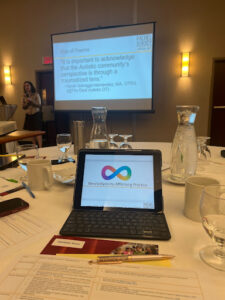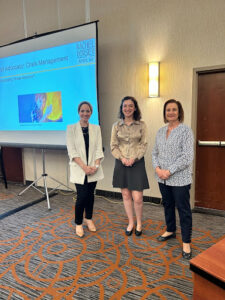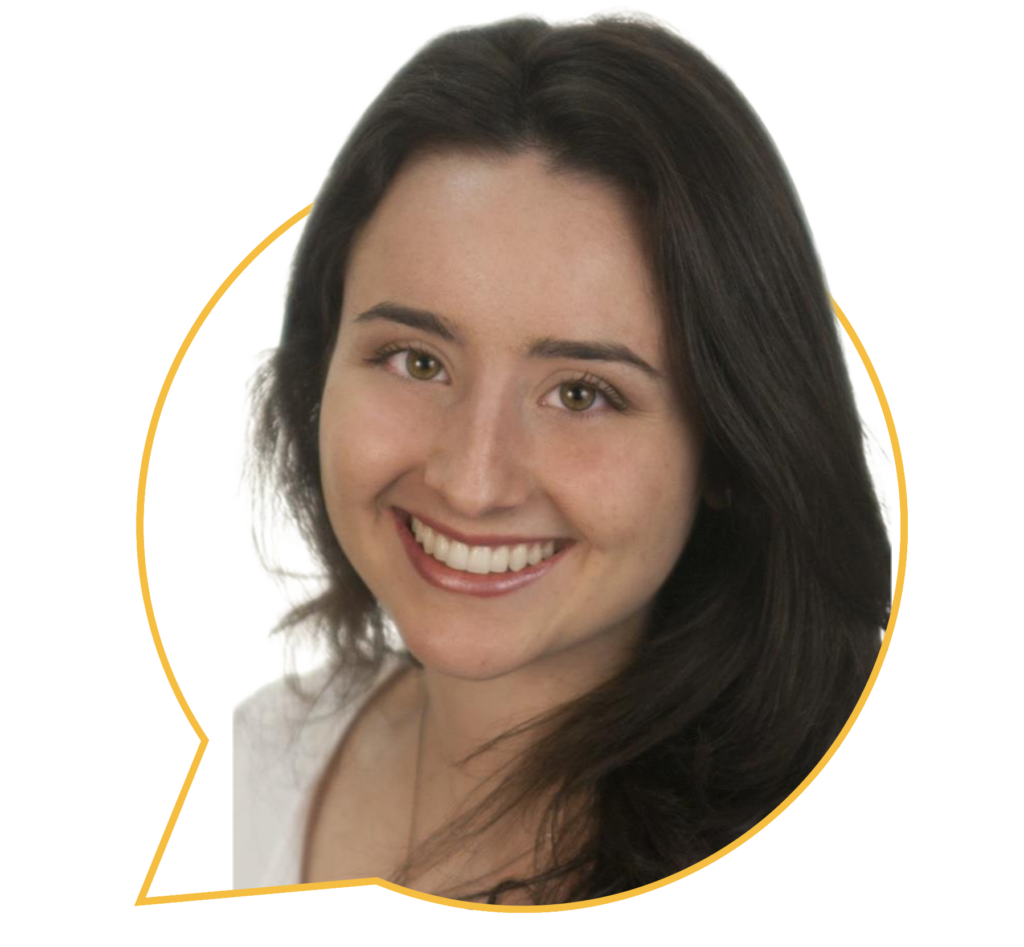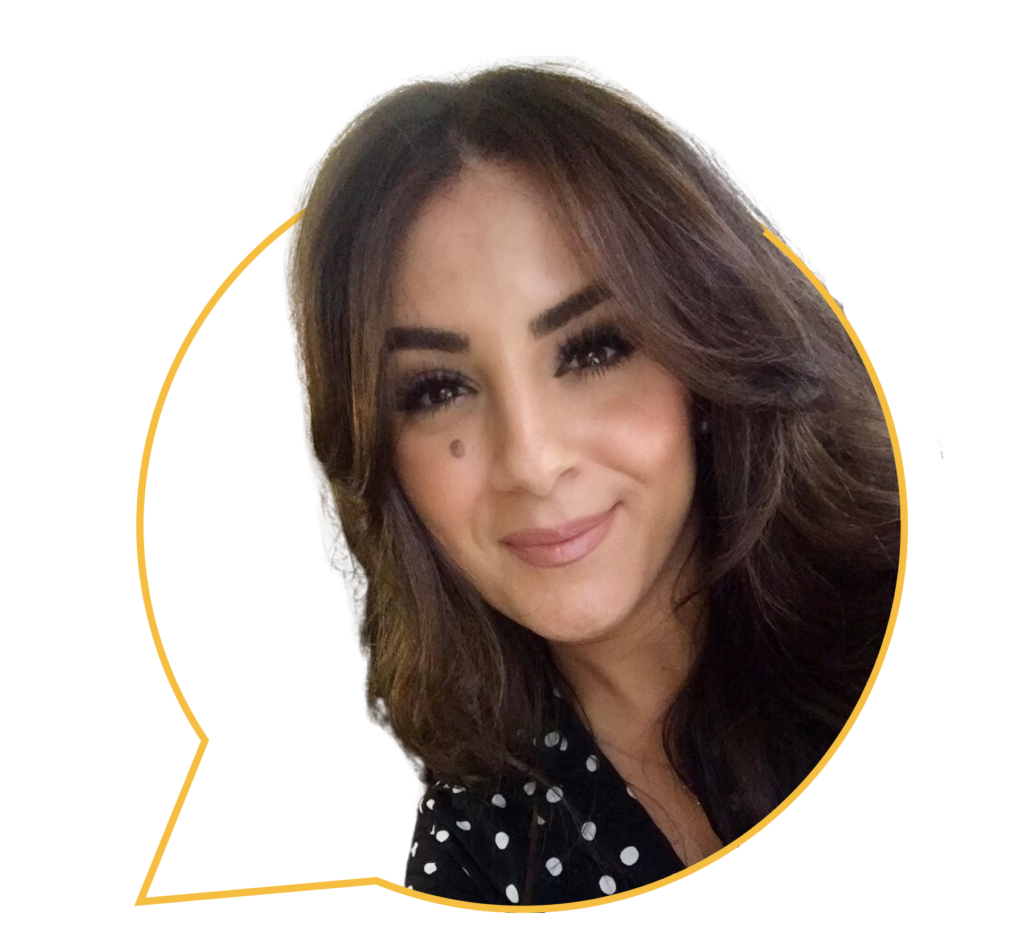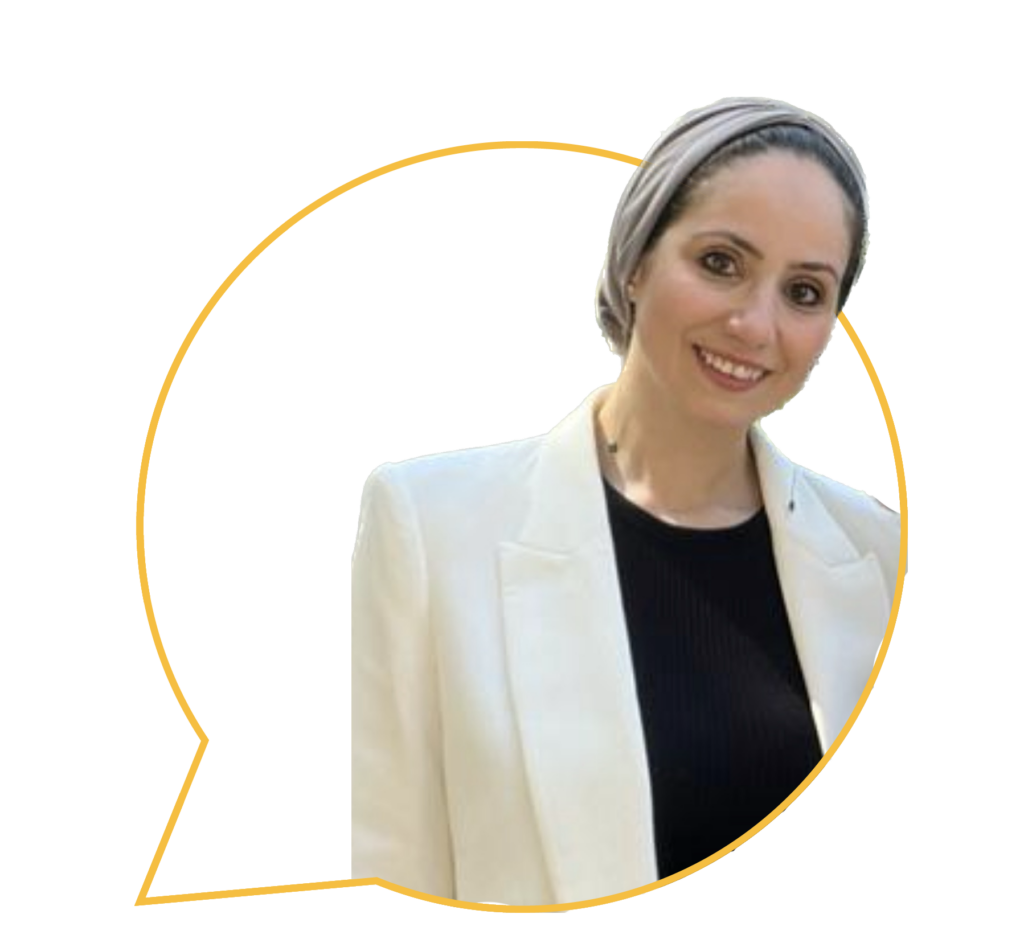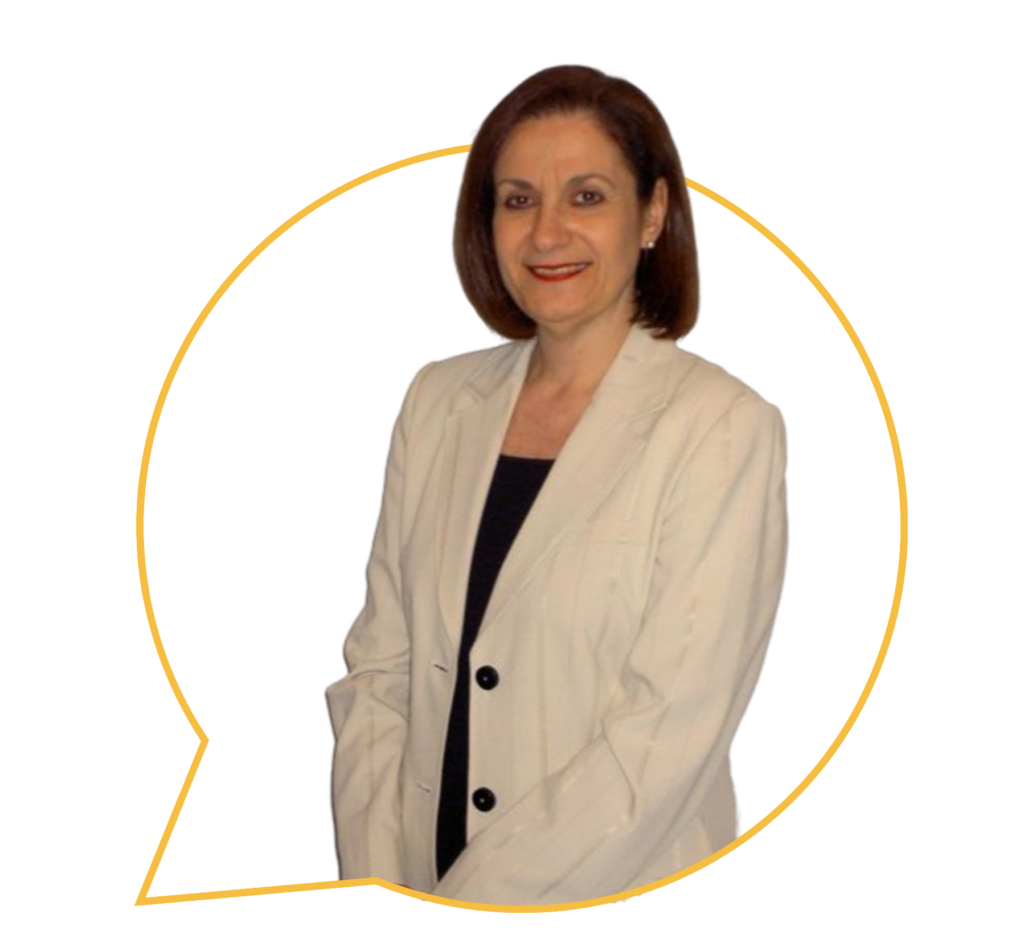Our Services
Individuals can become acquainted with relevant resource materials, current journals, books, speech and language therapy materials, and assessment protocols.

We are available for consultation via telephone, video-conference, e-mail, etc. Meetings for small groups or individuals can be held regarding specific topics related to speech and language development, in person and/or on-line. We are open to host other schools/school boards who wish to visit our Centre or EMSB schools where specific speech and language programs are being carried out. In addition, we offer on-site support to school boards throughout the province.

We provide workshops and conferences relevant to speech and language development for interested participants.

